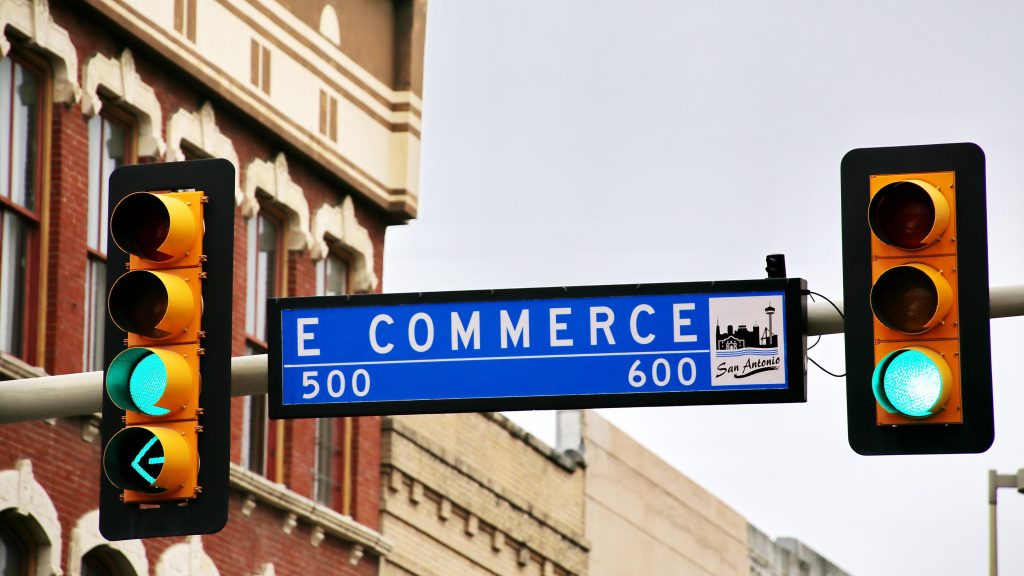In recent years, the rise of independent creators has been nothing short of phenomenal. From artists and designers to musicians and writers, more and more people are using the internet to share their talents with the world. However, as the number of independent creators has grown, so too have the challenges they face when trying to make a living from their work.
According to a publication on TechCrunch, Creators publish digital content which forms our online world, with 720,000 hours of content uploaded every day.
As the internet continues to democratize the world of art and creativity, independent creators are facing new opportunities, but also new challenges. Building a professional-looking online store, promoting their work, and making money online are some of the main obstacles for creators to succeed. In recent years, creator-first e-commerce platforms have emerged to meet these challenges, offering a comprehensive solution for independent creators to sell their work online.
The E-Commerce Industry In Africa

The e-commerce industry in Africa is on the rise, as more and more independent digital creators are turning to online platforms to sell their products and services. With the increasing availability of internet access and mobile devices, independent creators in Africa are finding it easier than ever to reach a global audience and monetize their work.
As the industry continues to evolve, we can expect to see new technologies and platforms emerge to support these creators and enable them to tap into the growing e-commerce market in Africa. Even international trade administration reports that Africa is forecast to surpass half a billion e-commerce users by 2025, which will have shown a steady 17% compound annual growth rate (CAGR) of online consumers for the market.

According to Douglas Kendyson, CEO Selar, an e-commerce store builder for creators, “The e-commerce industry in Africa is still relatively new and is evolving rapidly and it’s exciting to see how it’s providing new opportunities for independent creators. It’s amazing to see store builder platforms like Selar making it so much easier for African creators to monetise their skills and knowledge as digital products- with an emphasis on providing independent creators platforms, tools, and resources they need to succeed in the online marketplace.”
“The evolution of the creator economy is helping to create a more inclusive and dynamic e-commerce ecosystem that is better equipped to support the growth of independent creators in Africa” he added.
The creative sector has long been recognized as a significant driver of economic growth, job creation, and cultural expression. However, despite its potential, the growth of independent creators in many countries, particularly in Africa, has been hindered by a range of challenges. One of the most significant of these challenges is the lack of effective payment and distribution systems, which affects the ability of independent creators to receive compensation for their work and reach a wide audience.

According to Bolaji Ajibare aka socialmediaoga, a content creator that sells her digital products on Selar, “The biggest challenge when it comes to digital creation has to be marketing and a platform that makes payment seamless. And working with platforms like Selar has also helped overcome these challenges because this platform has so many features that allows for seamless distribution.”
Talking about how e-commerce store building are supporting creator in this regard, Douglas Kendyson said “At Selar, we have been able to support independent creators in Africa by addressing the payment and distribution challenges that affect the growth of these creators.We have integrated various payment options, such as mobile money, digital wallets, and credit card payments, to make it easier for independent creators to receive payments from customers. In terms of distribution, our platform enables cross-border trade in Africa for creators to sell across the continent.”
From creating new job opportunities for creators to driving innovation and promoting entrepreneurship, the rise of e-commerce in Africa is poised to play a significant role in shaping the future of the continent’s economy. Statista Digital Market Outlook said e-commerce penetration rate in Africa will continue to increase, and by 2025 reach around 40%. The overall African market is projected to reach $180 billion by 2025.
Douglas said “I believe e-commerce is booming and it’s just getting started. This industry has had a positive impact on the economy. From creating jobs to improving distribution and logistics, it’s an exciting time to be a part of the e-commerce industry in Africa!
It’s not only beneficial for the economy but also for the consumers, as it makes the purchasing process easy, fast, and convenient for them. I’m excited to see how this industry will continue to evolve and shape the African economy in the future”.












